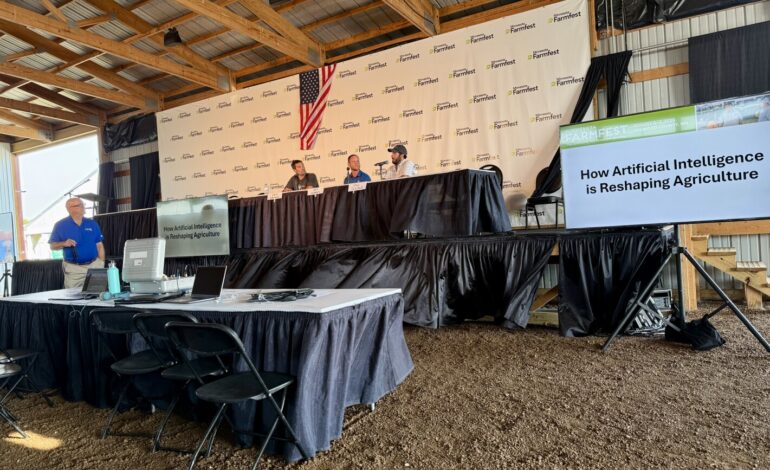
Exploring AI in Farming: Benefits and Drawbacks Revealed
Artificial intelligence is shaping the future of agriculture, offering promising innovations but also introducing new challenges. This article delves into how farmers are navigating the potential benefits and drawbacks of integrating AI into their farming practices.
Understanding AI’s Role in Modern Agriculture
The agricultural industry is undergoing a technological transformation with the advent of artificial intelligence. AI offers solutions that enhance productivity, from precision farming to predictive analytics. These technologies enable farmers to make informed decisions, optimize resources, and increase yields. However, embracing AI requires a significant learning curve and financial investment, which some farmers view as a barrier to entry. Understanding how AI can be tailored to meet specific agricultural needs is critical for successful implementation.
Benefits of AI Integration on the Farm
Incorporating AI into farming practices presents numerous advantages. Precision agriculture allows for targeted interventions, reducing waste and maximizing resource efficiency. AI-powered drones and sensors provide real-time data, helping farmers monitor crop health and soil conditions effectively. Furthermore, AI can optimize supply chain operations, predicting demand and adjusting planting schedules. These advancements not only reduce costs but also promote sustainable agriculture. However, the effectiveness of these technologies largely depends on proper adoption and scaling.
Challenges and Concerns of Adopting AI Technologies
Despite its potential, the adoption of AI in farming comes with challenges. High initial costs can deter farmers, especially those managing smaller operations. Additionally, there is concern about data security and privacy, as AI technologies often require extensive data collection. The reliance on technology also raises questions about the vulnerability to system disruptions. Lastly, there is the risk of job displacement, as automated systems might replace traditional farming roles. Addressing these challenges is crucial to ensure AI’s positive impact on agriculture.
Conclusion
Artificial intelligence holds the promise of transforming agriculture by improving efficiency and sustainability. However, farmers must weigh the benefits against the challenges such as cost, data privacy, and potential job displacement. By understanding and addressing these issues, the agricultural sector can successfully leverage AI to enhance productivity and sustainability.





